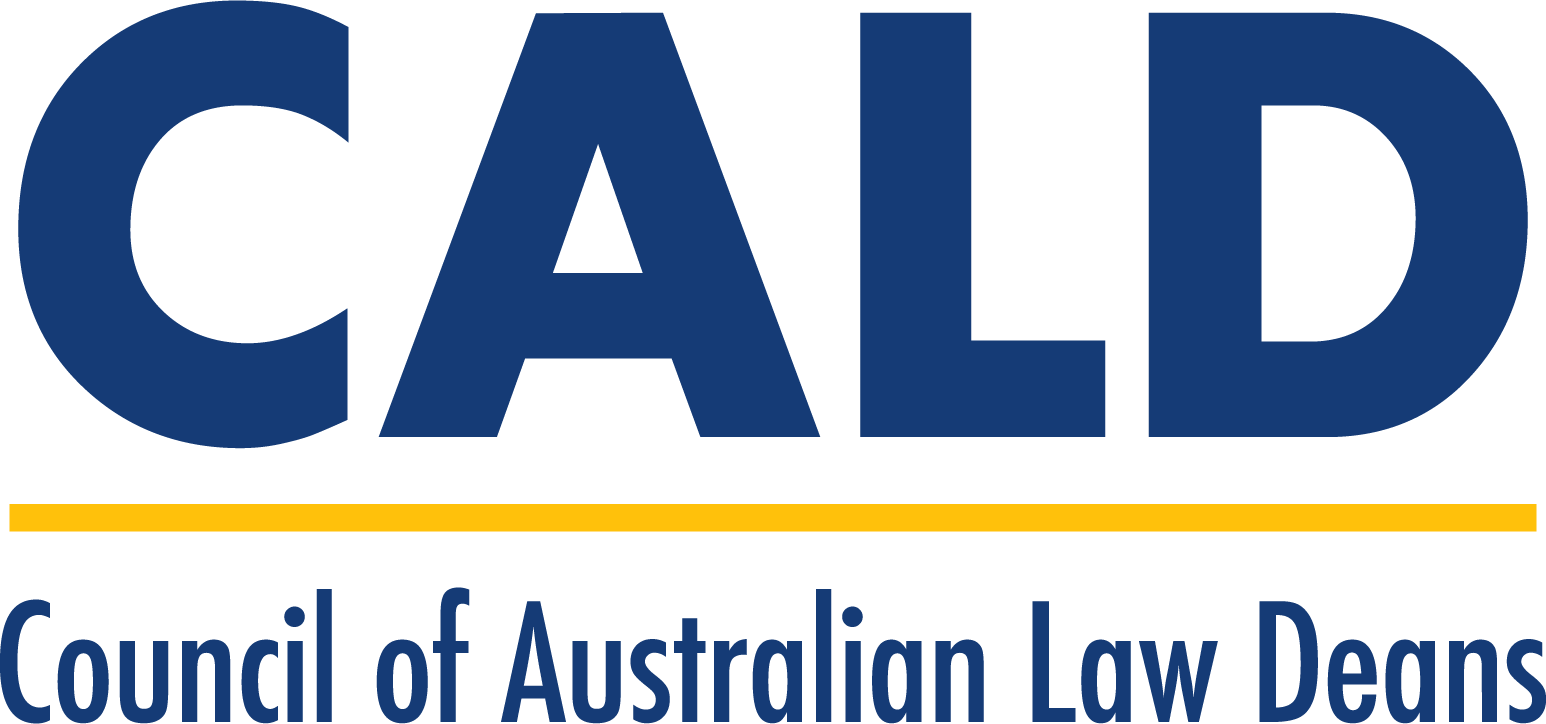The Council of Australian Law Deans is deeply concerned about the Government’s proposed changes to Higher Education funding announced on 19 June 2020. The changes will impact significantly on the cost of undergraduate legal education in public universities. Under the proposed changes the Government will reduce its contribution to legal education from $2,237 to $1,100, whilst the student contribution will increase by 28%, from $11,355 to $14,500 for a student place.
The significant increase in student fees puts at serious risk access to legal education for young people who are socially and economically disadvantaged, who come from culturally diverse backgrounds, and Aboriginal and Torres Strait Islander Australians. Diversity is crucial for the development and operation of law. Diversity improves understanding of the operation of the rule of law and the legal justice system for those who have not traditionally had a voice. Increasing the cost of legal education increases the barriers for those who have the potential to enrich the legal profession and improve legal outcomes. It will narrow the range of representation within the profession.
The Council cautions against assumptions that legal employment is highly paid, thereby justifying higher fees. Legal practice occupies a broad spectrum of practice both in size, and practice type. A solicitor’s income in a large commercial firm is not a benchmark for incomes in other areas of practice. And a significant proportion of law graduates do not enter the legal profession at all.
The Council questions the reasoning of the Government in its proposed restructure. The Minister for Education, the Hon. Dan Tehan MP, stated in his speech to the National Press Club that the Government and student contributions would address the misalignment between the contribution cost and the cost of teaching a degree. The changes across the disciplines do not align with this objective, and do not explain why the law student contribution increases by 28%. The Minister advises students to reduce the cost of their degree by “embracing diversity” and “not think about their education as a siloed degree”. Australian law students have long embraced diversity by studying a combined or double degree, enhancing each degree by the knowledge and skills of the other. The double degree is a feature unique to Australian higher education and conveys a clear advantage in a global employment market. Many double degree graduates pursue careers outside the legal profession, taking advantage of their legal education to enhance their expertise in other fields. However, the proposed fee changes will make undertaking a double degree more challenging for students wanting to include law in their program.
The Government’s proposed changes send a signal that undervalues legal knowledge and skills, and the humanities and social sciences more broadly. An important component of legal education is an emphasis on employability skills. Communication skills, expertise in analytical and problem-solving, critical thinking and an ability to synthesise complex information are essential skills for practising lawyers and those pursuing graduate employment in other areas of business and political life. Employment rates for law demonstrate the ongoing recognition of the value of a law degree. 86.8% of undergraduate law students had employment within four months of completing their degree, consistent with national averages (Graduate Outcomes Survey, 2019).
The Council recognises the importance of the STEM disciplines and the need to support STEM. However, the Council is disappointed that this should occur at the expense of the humanities and social sciences. Arbitrary funding decisions to drive employment outcomes neglects the broader role all disciplines have to enrich the nation and its citizens beyond the economic. Moreover, the approach lacks foresight. Australia faces complex challenges including a changing demographic, uncertainly about its international relationships, and the impact of technology. These challenges will not be solved by single disciplinary approaches; they require multidisciplinary insight whereby disciplinary experts across STEM, the humanities, and the social sciences bring together their knowledge and skills to create technical solutions that are balanced by ethical and equitable considerations.
The Council would welcome an opportunity to consider these changes with the Government to ensure that they do not put at risk access to legal education and the role of legal education in the broader community.
Professor Lesley Hitchens GAICD
Chair, Council of Australian Law Deans
22 June 2020
For media inquiries, contact the CALD Executive Coordinator at vi.kacevska@unimelb.edu.au or 0438 422 919.
